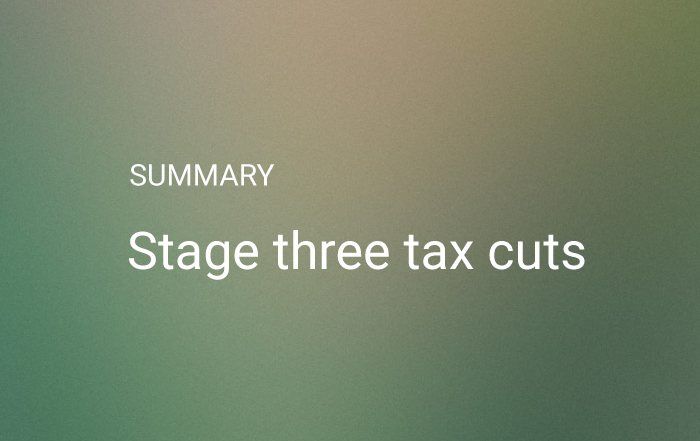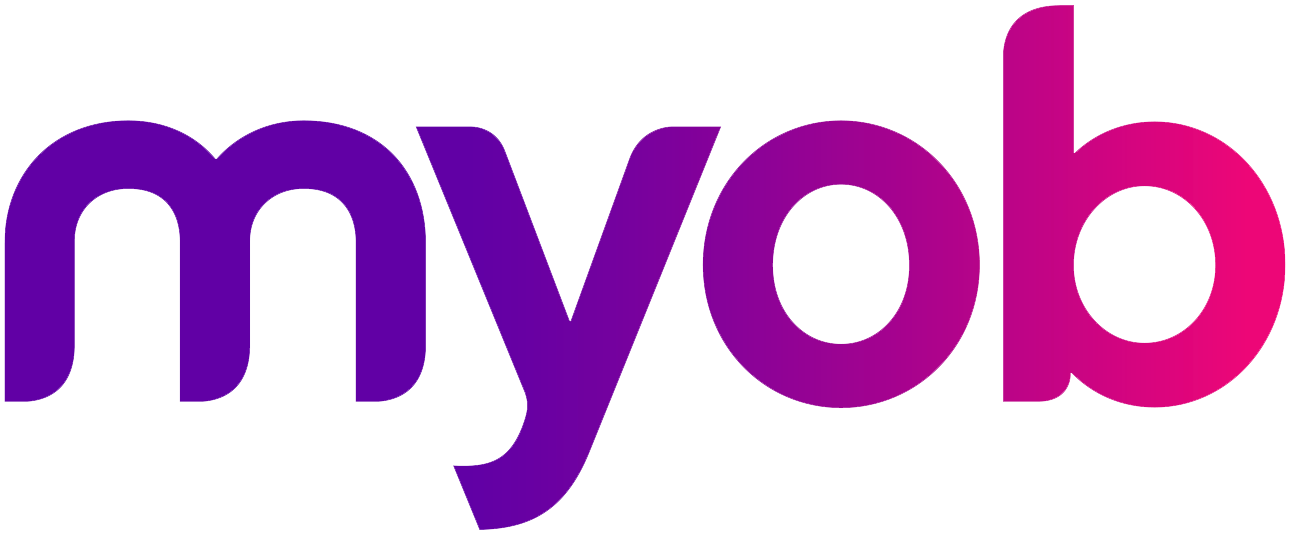
DFK Gooding Partners
May 11, 2023
Jim Chalmers was gifted a budget surplus for 2023-24, mostly thanks to record unemployment and high commodity prices. However despite this, we see very little for small businesses in this year’s Federal Budget. A temporary $20,000 threshold for the instant asset write-off will apply for one year, following the end of the temporary full expensing rules. Businesses will need to prepare for changes to superannuation guarantee payments from July 2026, and several tax measures of the former Coalition government have also been amended or dropped, including the patent box tax incentive measures.
Below are the areas of the 2023-24 Federal Budget we consider most relevant for our valued client base. Further details on these areas can be found on the supporting pages within our Federal Budget Overview. To download, please see the download links at the bottom of this article.
Small Business Measures
With the generous Temporary Full Expensing (TFE) measure ending on 30 June 2023, the instant asset write-off for small business is back for assets costing up to $20,000 and installed by 30 June 2024. There will be a return to normal tax depreciation rates for businesses above $10 million aggregated turnover from July 2023. Take advantage of the TFE concessions while you still can, by installing new assets by Friday 30 June.
Small to Medium Business Measures
An additional 20% deduction (up to a modest $20,000) is available for businesses with aggregated turnover up to $50 million that invest in electrification and energy efficiency. This could include simply purchasing energy-efficient white goods for installation between 1 July 2023 and 30 June 2024. Previously announced incentives for adoption of new technologies and eligible training courses are still to be enacted, and we await to see if both are extended to 30 June 2024.
Individuals
The budget papers were silent on the legislated Stage 3 tax cuts to commence from 1 July 2024. While the Treasurer has hinted that difficult decisions are ahead, the Government has not changed its position with this measure to deliver significant tax savings to middle to high income earners. The Low and Middle Income Tax Offset (LMITO) ended on 30 June 2022 and has not been extended.
Superannuation Guarantee
A major change is coming for employers, with superannuation guarantee (SG) contributions required to be paid at the same time as salary and wages, from 1 July 2026. Businesses should take advantage of the 3-year window to plan for the impacts this change will have on cash flows. We are hopeful that changes are also coming for the harsh penalties that currently apply for inadvertent late payments.
Superannuation Balances
The proposed changes to the taxing of super balances above $3 million has attracted a lot of talk around town. A lot of questions have been raised about the mechanics of how the higher tax rate of 30% will be calculated and whether it will apply to unrealised gains. Stay tuned as we learn more in the coming months.
Multinationals
Australia is leading the charge with introducing OECD solutions for Base Erosion and Profit Shifting, announcing a minimum global tax rate of 15% for Australian resident multinationals with annual turnover above EUR 750 million. This adds to the recent amendments to thin capitalisation rules for inward investing entities.
ATO Activities
ATO audit activity is only expected to increase in the foreseeable future. Medium sized businesses and private groups with net wealth of over $5 million can expect less sympathy from the ATO regarding unpaid tax debts. Additional funding has also been allocated to target GST and income tax compliance, notably for rental properties. As a positive, faster payment of tax return refunds and increased access to independent reviews during ATO audits for small businesses are coming. The amendment period for small businesses is also set to change from 2 years to 4 years, providing taxpayers (and the ATO) with additional time to amend tax returns.
Late Lodgement Amnesty
An amnesty for overdue tax returns and activity statements originally due from 1 December 2019 to 29 February 2022 will apply for small businesses. No late lodgement penalties will apply (however interest charges will likely apply) if lodged from 1 June 2023 to 31 December 2023. We encourage small businesses to take this opportunity to get their lodgements up to date.
Not proceeding
Disappointingly, there were no updates on many previously announced and unenacted initiatives, such as changes to the corporate and individual residency rules and Division 7A. However, the patent box regime previously announced by the Coalition government will not proceed.











